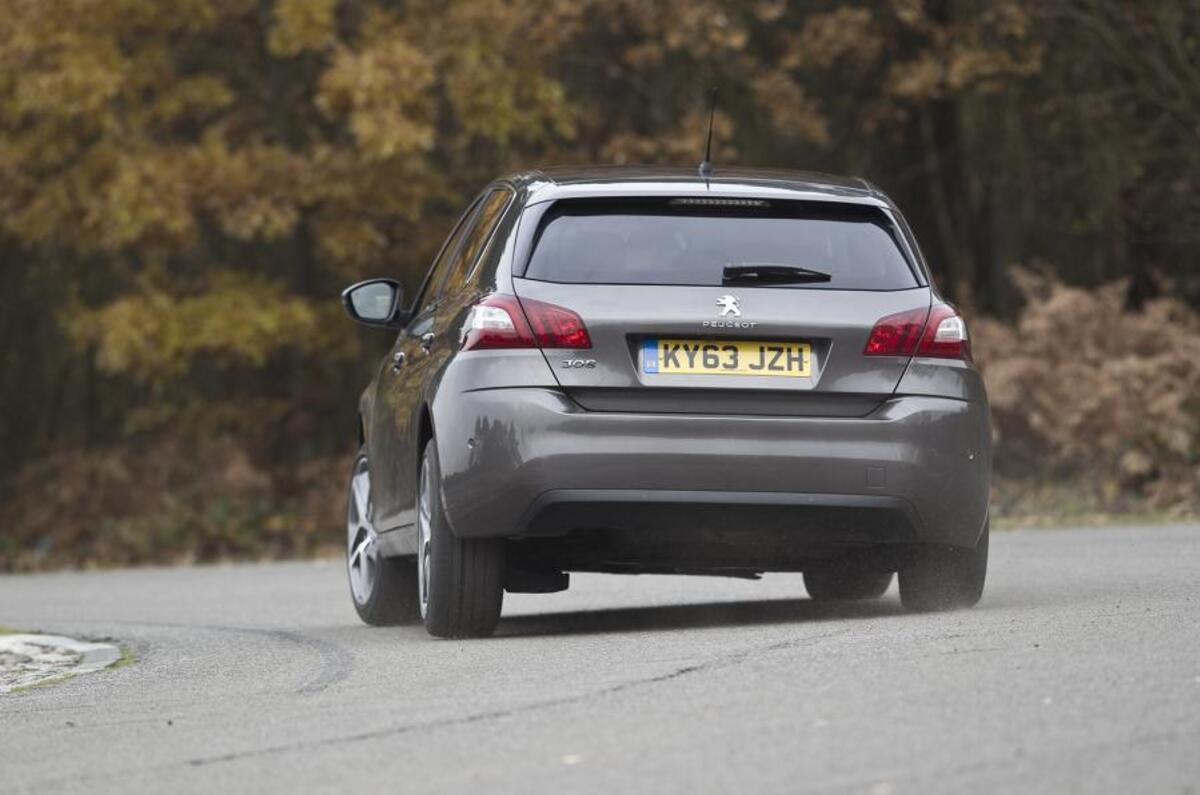The European Commission is set to present its recommendations for heavily revised procedures for vehicle emissions testing next week, Autocar has learned.
A scheduled meeting of the EU’s Technical Committee for Motor Vehicles is due to sit on October 6 and, although the agenda is yet to be made public, the VW emissions scandal is reported to have put a focus on the need to ratify new emissions tests regulations as soon as possible.
Changes to the New European Driving Cycle (NEDC) tests have been discussed for several years, but discussions between the law makers and car companies over the exact details have resulted in lengthy delays. The NEDC was last updated in 1997. Under NEDC regulations, cars are tested in a laboratory under strict test criteria in order to achieve repeatable results for comparison. However, those results are rarely achievable in real-world driving.
Features of the NEDC that detract from its real-world accuracy include the temperature range in which the test is conducted, which is always between 20 and 30 degrees centigrade, the use of a flat rolling road and the absence of any wind in the test chamber, other than air directed at cooling ducts to simulate speed. The route simulated is a mix of urban and open driving, with the top speed achieved between 90 and 120kph (56-75mph) depending on the size of the vehicle.
Prior to VW the scandal, the Commission was set to finalise proposals for a more realistic test process later this month, with the new regulations coming into force in 2017. However, the VW test rigging controversy is reported to be seen as a catalyst for quicker change, with some reporting that the new tests could even come into force in early 2016.
The new tests are called the Worldwide Harmonized Light Vehicles Test Procedures (WLTP) and define a global standard for emissions testing. They have been drawn up with consultation from the European Union, Japan, and India under guidelines of UNECE World Forum for Harmonization of Vehicle Regulations. In conjunction, a new set of standards are also being set under the Real Driving Emissions standard.
PSA Peugeot Citroen and Mercedes led calls for the adoption of tougher, more realistic emissions tests in Europe in the wake of the VW emissions scandal.
A Mercedes statement released in the wake of the VW scandal read: "We actively support the work being done within Europe and Germany in order to develop new testing methods which measure emissions based on real driving conditions."
PSA's statement said: "In the spirit of improving air quality, PSA supports introducing the new procedure WLTP plus RDE from September 2017 in its most demanding version, to replace the current European approval procedure NEDC, which is not representative of real customer use."





Join the debate
Add your comment
Arse up'rds
The USA & PSA
Perhaps PSA could take over VW
emmm ideas
To clarify
Good point, but my idea here is not that individual's data becomes available to others, far from it. If I were to go to the website, I would upload my data to get my result, but once I leave the site, my data is not held for anyone else. What I am suggesting is that individuals would be able to see tailored results for themselves only, to help them get some meaningful real world figures for themselves, removing one of the major complaints people have about lab test data/advertised figures. The algorithms embedded in the site would use the core official test data, and with wizardry, use the individual's recorded data to get their personalised expected mpg/emissions or whatever for the vehicle of their choice. I agree, if we were to rely on information uploaded from the general public for use by others, it would be a disaster. I am sure someone with a little computer app development skill could produce an app and make it work in trial form for the Whatcar site. At the moment, I go to the site and move some sliders. The app effectively would do all that for me, based on what actually happens in my real world rather than what I think happens. I can already buy an app that monitors my every move etc when cycling or walking, so should not be too difficult for cars I am sure. So there's a little challenge for someone.